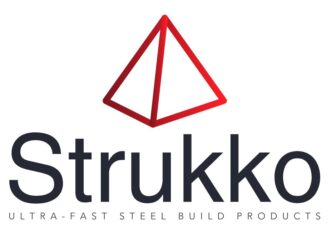Light gauge steel has several advantages over timber for building structures in coastal locations:
1. Durability and Strength: – Steel: Light gauge steel is more resistant to the environmental stresses typical of coastal areas, such as high winds and heavy rains. It doesn’t warp, twist, or crack like timber can when exposed to moisture. – Timber: While treated timber can be durable, it is still susceptible to swelling, rotting, and insect damage, especially in humid, salty environments.
2. Pest Resistance: – Steel: It is impervious to termites, wood-boring insects, and other pests that can severely damage timber structures. – Timber: Even treated timber can be vulnerable to pest infestation, particularly in warm and humid coastal climates.
3. Fire Resistance: – Steel: It does not burn, providing better fire resistance compared to timber. – Timber: Although certain treatments can improve fire resistance, wood remains a combustible material.
4. Consistency and Predictability: – Steel: Manufactured to strict standards, light gauge steel provides consistent quality, dimensions, and performance. It is not subject to the natural variations found in wood. – Timber: Natural variations in wood grain and knots can affect strength and reliability.
5. Maintenance: – Steel: With proper protective coatings and maintenance, steel structures require less frequent upkeep than timber. – Timber: Needs regular treatment and maintenance to protect against rot, pests, and weathering, especially in coastal environments.
6. Environmental Considerations: – Steel: Often contains recycled content and can be fully recycled at the end of its life cycle. However, its production is energy-intensive. – Timber: Sustainable wood sourcing is possible, but deforestation and the environmental impact of wood treatments can be concerns. Timber structures can also have a shorter lifespan in harsh coastal conditions, leading to more frequent replacements.
7. Moisture Resistance: – Steel: When properly protected, light gauge steel resists the moisture prevalent in coastal environments much better than timber. – Timber: Even treated timber can absorb moisture, leading to swelling, warping, and rotting over time.
In summary, while both materials have their uses, light gauge steel offers better durability, pest resistance, fire resistance, and structural consistency in the challenging conditions of coastal locations. Properly maintained and protected, it can provide a longer-lasting and more reliable solution than timber.



